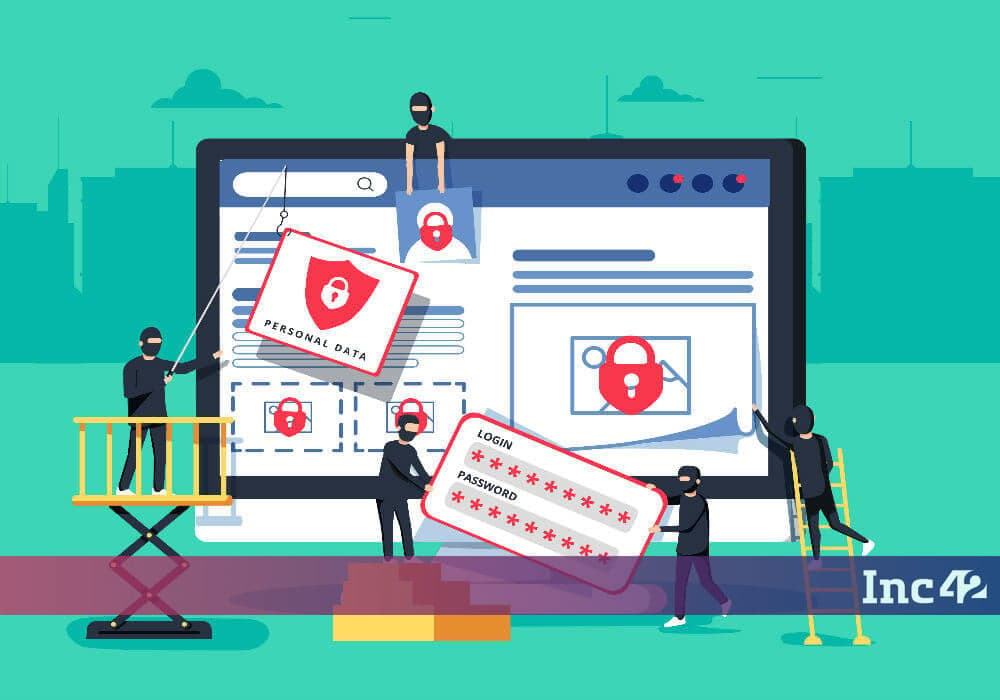
While 335 People In India Were Directly Affected, 562,120 People Were Potentially Affected
Since the Facebook-Cambridge Analytica data breach issue has sprouted, a series of new revelations have been made public, every day, layer by layer. Adding to all, now Facebook Chief Mark Zuckerberg has made the revelation that 5.62 Lakh people in India were ‘potentially affected’ by this global data leak crisis.
With 20 Cr users, Facebook boasts India as one of its major markets. A Facebook spokesperson said to LiveMint that while 335 people in India were directly affected by an app installation, another 562,120 people were potentially affected as friends of those users.
“This yields a total of 562,455 potentially affected people in India, which is 0.6% of the global number of potentially affected people,” Facebook spokesperson added.
The report further stated that the company is now “investigating” the specific number of people whose information was accessed, including those in India.
The development came on heels of another major announcement by the social media company recently that data of over 87 Mn users was shared with the political consultancy firm Cambridge Analytica (37 Mn more than the previous estimates). According to the reports, the data was scraped by Cambridge psychology professor Aleksandr Kogan’s survey app via Facebook Login.
Facebook estimates that approx 305K people had installed the “This Is Your Digital Life Quiz’ that had was responsible for data-scraping. The figure previously suggested had been 270K. According to the reports, about 97% of the installations occurred within the US though, over 16 Mn of the total users affected are thought to be from other countries.
Facebook team is now busy finding the glitches and implementing the new privacy settings in the app and the website. So far, the team has shared following changes in the privacy settings.
- Third-party apps will no longer be able to access the member list of a group.
- Third-party apps can no longer access personal information, such as names and profile photos etc.
- Facebook is also limiting the use of the Pages API by requiring all future access to the entire access layer be approved by the company
- Third-party apps can no longer ask for personal data like religious views, political affiliation, relationship status, custom friends list, education and work history, and activity on fitness, book reading, music listening etc.
- Facebook is also changing its opt-in call and text history feature on Messenger and Facebook Lite on Android
- Facebook will no longer let anyone input a user’s phone number or email address to find them on the social network.
In line with this scandal, the Indian government has already sent letters to both Facebook and Cambridge Analytica seeking details of how the breach was perpetrated by British firm Cambridge Analytica and what measures were lacked on the Facebook’s end. Now that the reports of direct data breach of a significant number of Indian citizens has been confirmed, what other steps the Indian government will take, is a wait and wait for the situation.































 Ad-lite browsing experience
Ad-lite browsing experience